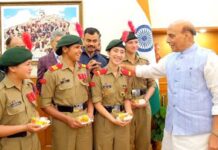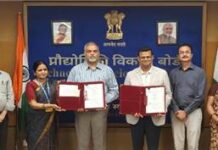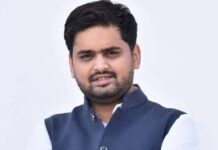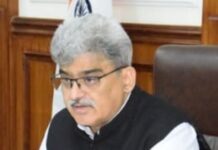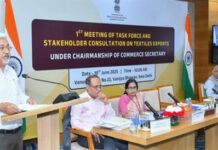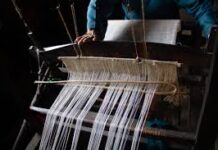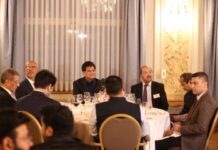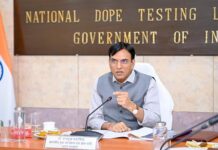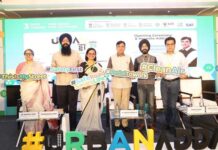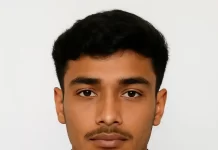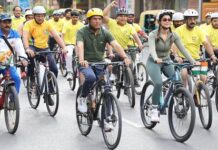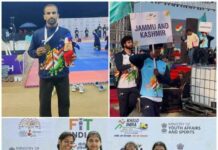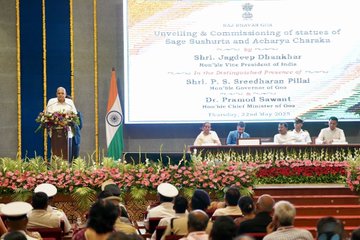MAY 22: Vice-President Shri Jagdeep Dhankhar emphasized the importance of alternative medicine and the need for scientific validation of India’s ancient knowledge systems to address contemporary challenges. Speaking at Raj Bhavan, Goa, after commissioning statues of Charaka and Sushruta—pioneers of Ayurveda and surgery respectively—he urged for a rediscovery of India’s civilisational roots.
“We are a nation with a difference, rediscovering our roots. Ancient texts should not remain confined to libraries. They must be digitised, translated, and studied through a cross-disciplinary lens. Let us apply modern scientific tools to reinterpret this knowledge for today’s world,” he said.
The Vice-President praised the World Health Organization’s establishment of a Global Centre for Traditional Medicine in Jamnagar, Gujarat, as a powerful global acknowledgment of India’s alternative medicine systems, especially Ayurveda. He highlighted India as the birthplace of alternative medicine and said its practices are now gaining widespread acceptance.
Reflecting on the legacy of Charaka and Sushruta, he stated, “Charaka, the royal physician in the Kushan Kingdom, authored the Charaka Samhita, a foundational Ayurvedic text. Sushruta, a disciple of Dhanvantari, is celebrated as the father of surgery. His writings reflect a deep scientific spirit, with emphasis on precision, hygiene, and patient care—long before modern surgical practices emerged.”
The Vice-President also addressed the cultural mindset that regards Indic or ancient knowledge as regressive. “This perception has no place in modern India. The world is looking towards India for inspiration; we must shed colonial inferiority and believe in our own strengths. The West is learning from us now. The IMF has rightly recognized India as a hotspot of excellence and opportunity,” he said.
He urged Indians to embrace their heritage and educate children about the depth of the Vedas, Upanishads, Puranas, and the nation’s intellectual legacy. Citing great minds like Aryabhatta, Baudhayana, and Varahamihira, he reminded the audience of India’s historical achievements in astronomy, mathematics, and medicine.
“Long before modern hospitals, we had knowledge of over 300 surgical procedures including plastic surgery and caesarean delivery. Our ancestors practiced what today’s super-specialty hospitals do, and they documented it scientifically,” he concluded, calling for pride and deeper engagement with India’s civilisational wealth.






